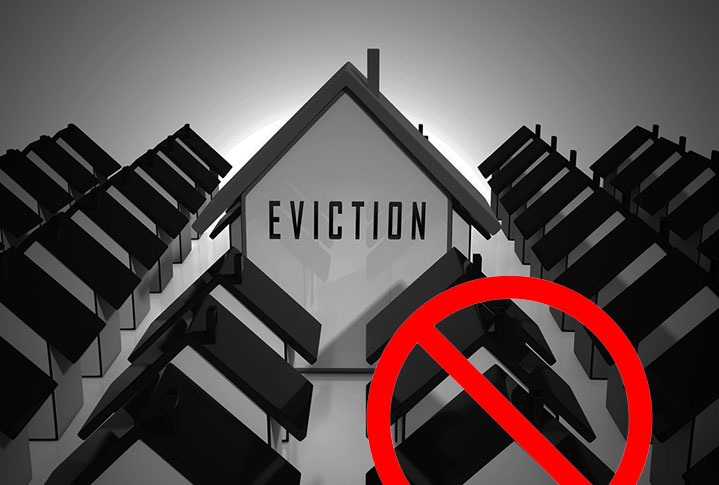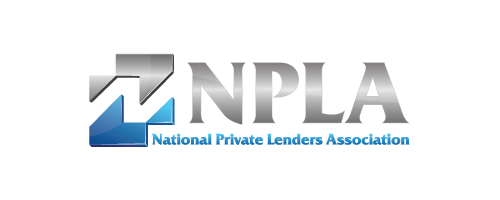New York Covid-19 Emergency Eviction And Foreclosure Prevention Act Of 2020 Signed Into Law

Analysis provided by the NPLA’s General Counsel, Jon Hornik
COVID 19 Emergency Eviction and Foreclosure Prevention Act (“The Act”) (S.9114/A.11181)
Click here to view bill
View Senate Version
View Assembly Version
Summary of Provisions Impacting Business Purpose Mortgage Lenders
Foreclosures
The Act’s foreclosure provisions do not apply to business purpose mortgage lenders.
As the provisions of the Act applying to foreclosures apply only to natural person mortgagors, the Act’s foreclosure aspect should have limited impact on business purpose mortgage lenders, which only lend to entities.
Evictions
The Act’s eviction provisions apply to business purpose mortgage lenders.
The Act provides that any pending eviction proceedings of residential tenants or any commenced within 30 days of this legislation’s effective date (which would take effect immediately) would be stayed for at least 60 days. In addition, and subsequent to the 60-day stay, the Act limits evictions of residential tenants arising from holdover or non-payment through May 1, 2021.
The Act will do the following:
- Create a Standardized Hardship Declaration Form, which tenants will be able to submit to their landlord or court to prevent or halt an eviction if they have a financial hardship related to, or during, the COVID-19 pandemic that prevents them from being able to pay their rent in full or to move; or if someone in the household is at increased risk of severe illness from COVID from having to move.
- The form allows tenants to declare financial hardship if they have lost income; have increased health, childcare, or other family care expenses; have been unable to obtain meaningful employment because of circumstances relating to COVID-19, or cannot afford moving expenses.
- Once a tenant has signed the Standardized Hardship Declaration Form, he or she may return it to his or her landlord or a court to prevent a landlord from filing an eviction or to suspend an eviction proceeding already underway, until May 1, 2021, in addition to other protections.
The Act’s eviction prohibitions and restrictions apply to residential tenants and landlords. “Landlord” is defined as a landlord, owner of residential property and any other person with a legal right to pursue eviction. . . .” The use of the word “person” to describe landlord generally, if not defined more narrowly, encompasses both natural persons and entities (in addition, the term natural persons is used elsewhere in the Act to refer to individuals). The definition of a landlord may, therefore, be understood to encompass entities.
Business purpose lenders who make multi-family 30-year loans may be negatively impacted if their landlord-borrowers are less able to make payments on loans due to income streams being negatively affected by the inability of landlord-borrowers to evict non-paying tenants.
Additional Comments
Business purpose lenders may be partially comforted by the fact that the restrictions on evictions in the Act terminate two months sooner than an initial proposed draft of the legislation called for, and a legislative proposal considered earlier in the year would have banned evictions indefinitely. However, the Act is significantly more restrictive than the existing Tenant Safe Harbor Act (TSHA), in that rather than simply providing a tenant with a right to raise the defense of financial hardship in an eviction proceeding (as under the TSHA), the Act allows a tenant to forestall the commencement of an eviction proceeding, stay an ongoing proceeding, or petition to remove default judgments of eviction by simply filing a hardship declaration with a landlord. Tenants do not have to provide evidence to support their hardship claims. At best, the Act in this regard degrades due process for landlords by not requiring an affidavit from renters, filed with the court, to receive protection.
Author Bio:
Jon Hornik serves as the General Counsel to the NPLA, and is a senior partner at LaRocca Hornik Rosen & Greenberg, LLP.
www.privatelenderlaw.com
